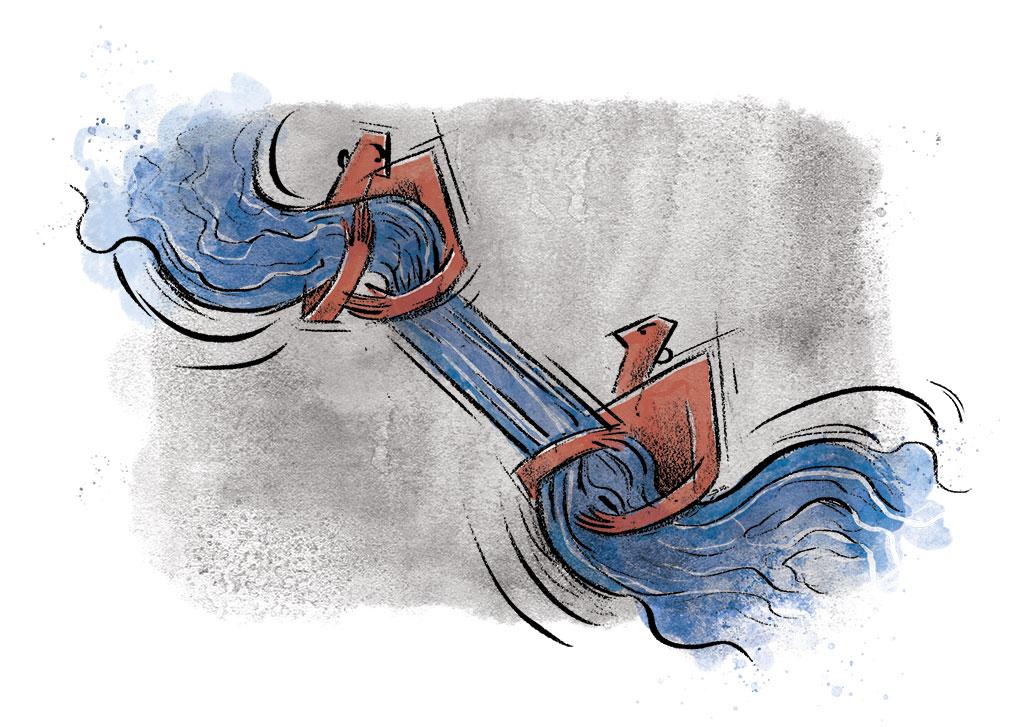Operationalizing stability and fairness in transboundary water resource allocations
Sahiti Sarva
With the ongoing climate crisis, the necessity of water justice is agreed upon. However, the mechanisms to ensure distributive justice remain difficult to operationalize. John Rawls identified fairness and stability as two important components of justice. Using the case study of a transboundary river basin in the United States, this study identifies a method to evaluate the stability and fairness of Pareto optimal water utility allocations. Stability is ascertained using fallback bargaining and Graph Model for Conflict Resolution and fairness using the principles of utilitarianism, egalitarianism and prioritarianism. It was found that as the number of equally powerful decision makers in the arena increase, there is a larger status quo bias and agreeing on cooperative solutions becomes difficult in competitive environments. It was also seen that increasing utility overall can also lead to increasing equality. It was also noted that fairness and stability can be seen as a matter of degree rather than a binary, allowing for policymakers to consider trade-offs not just between different actor interests but also between different values like utility, equality, cooperation and non-cooperation.
Water wars | Tarique Aziz

